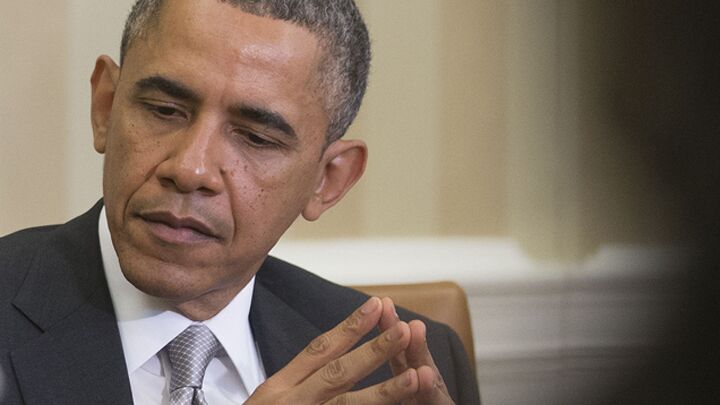
President Obama’s Free-Trade Flip-Flop
President Obama is currently pushing several new free-trade deals that could radically change America—by implementing European-style socialism through the backdoor.
The president’s desire to fast track these deals, like the one with the European Union, is especially controversial considering his earlier views on the issue. Back in 2008 when he was campaigning for the presidency, Mr. Obama openly criticized the North American Free Trade Agreement (nafta), calling it “devastating” and “a big mistake.” When he was asked in 2007 if he would scrap nafta or not, he replied, “I would immediately call the president of Mexico, the president of Canada to try to amend nafta because I think that we can get labor agreements in that agreement right now. And it should reflect the basic principle that our trade agreements should not just be good for Wall Street, it should also be good for Main Street.” That call never came.
Nevertheless, the president has worked hard to portray himself as a defender of the people of the United States. What this has translated into is the expansion of many socialist programs.
Interestingly, the president is getting push-back from many Democrats, as well as Republicans. The Democrats oppose him mainly because they feel—as President Obama did in 2007 and 2008—that free trade hurts American workers. Republicans oppose the president’s attempts to fast-track his trade agreements for a different reason.
As the Wall Street Journal reported, “Republicans who aren’t normally protectionists fear that [President Obama] may use trade accords to impose labor and environmental rules on the U.S. that he otherwise can’t get Congress to pass.” If these trade agreements were to be passed, the U.S. would likely be forced to accept a lot of the EU’s costly labor and environmental laws, which the president supports but Republicans oppose.
At the core of this issue—as with so many of the other issues the current administration has faced—is whether the rule of law will be upheld or not. American labor and environmental laws would be superseded or altered in order for these trade agreements to be enacted, and without Congress’s approval. Dartmouth economist Matthew Slaughter said that trade deals are so hard to negotiate because so much of the negotiating comes down to how much sovereignty and rule of law a country is willing to concede: “You’re no longer talking about what happens at the border of a country, not just the border taxes that are collected at the ports, but you’re talking about the rule of law inside those countries. That’s what matters ….”
For the past couple years, the Trumpet has warned of the radical, lawless agenda of the current administration. The administration has taken numerous steps to sidestep Congress to pass its agenda. These free-trade agreements are just another tool the administration can use to pass more socialist labor and environmental laws through, even if they hurt the economy.
In his most recent booklet, America Under Attack, Trumpet editor in chief Gerald Flurry warned of this ever-increasing spirit of lawlessness in America: “Do you realize how deadly dangerous this trend of lawlessness is? Very few people do. But it gives profound insight into the real nature of the threat facing America today. … This trend toward lawlessness is deadly! And I guarantee, based on biblical prophecy, that it is going to get far worse.”
If you haven’t yet, request your own copy of America Under Attack. It will expose just what is taking place in Washington. This is something that will affect every single person in America.
